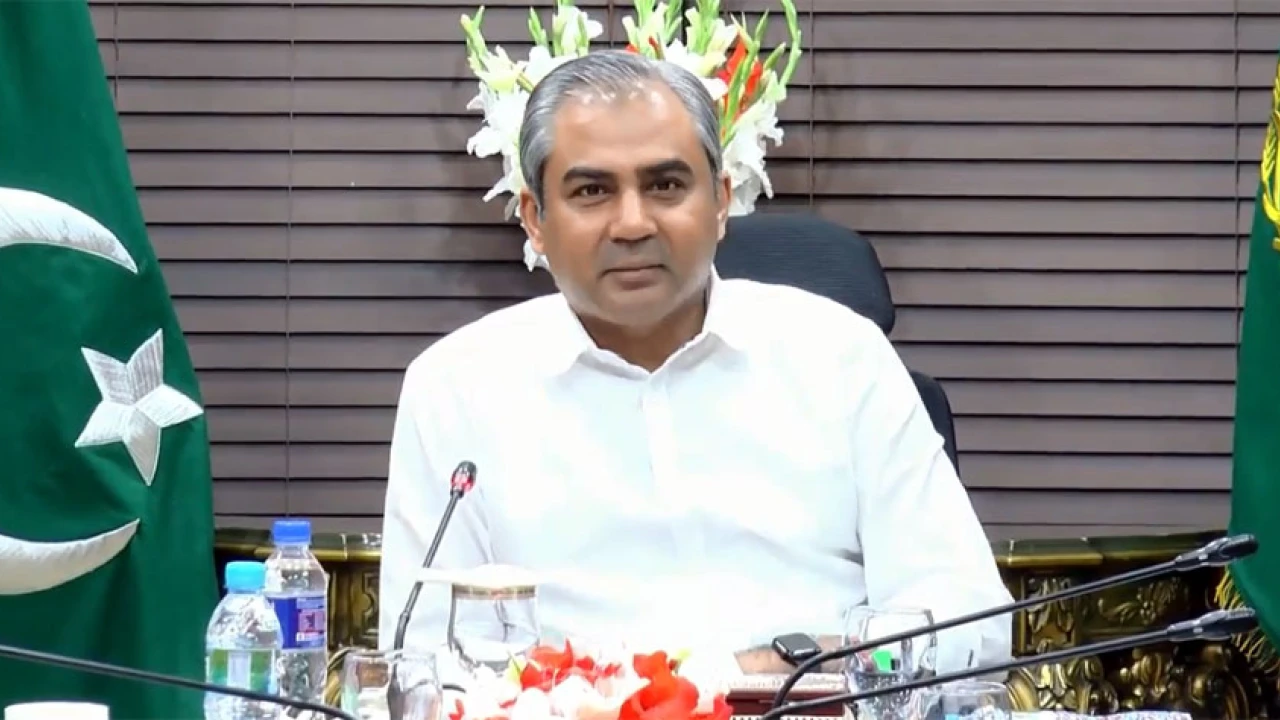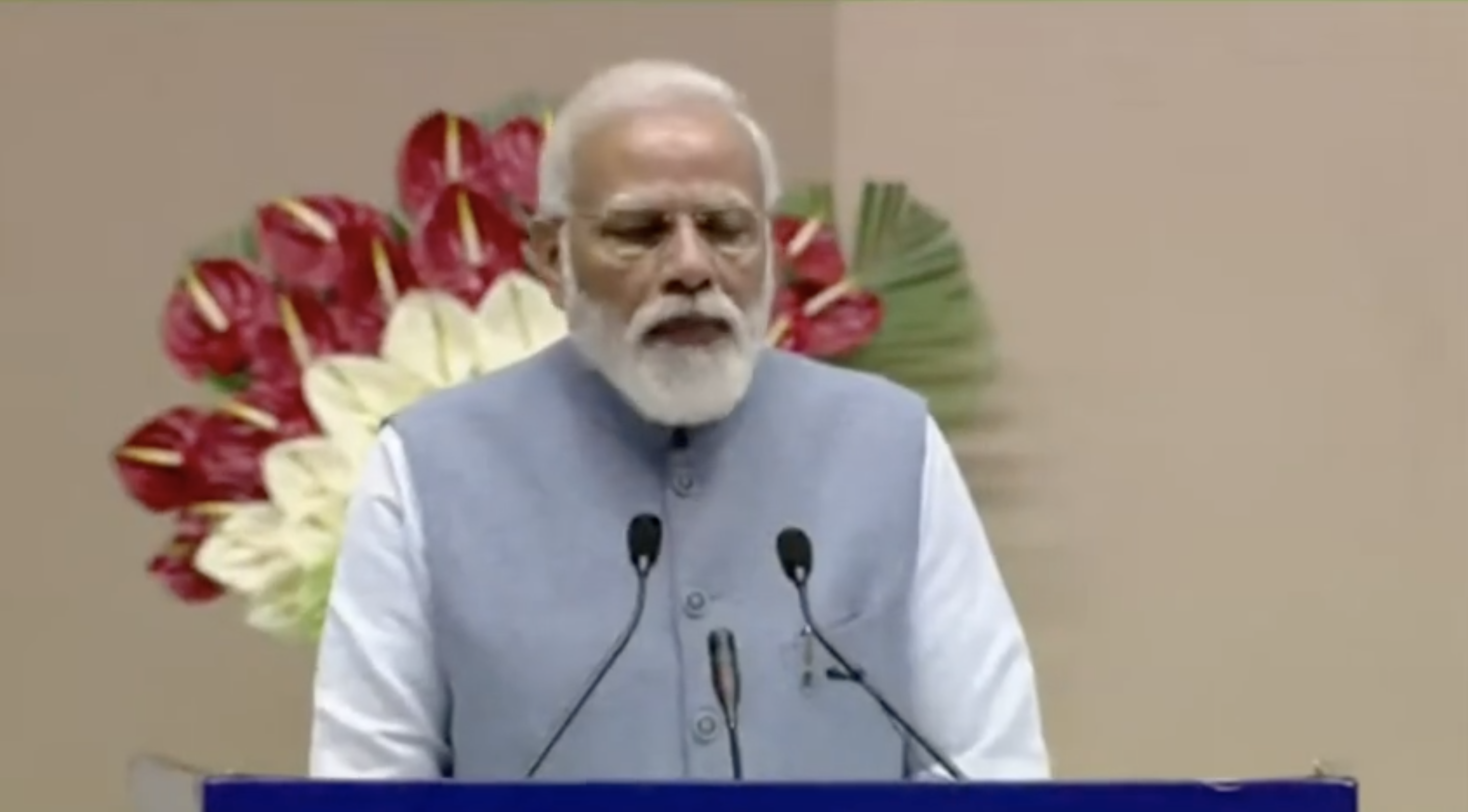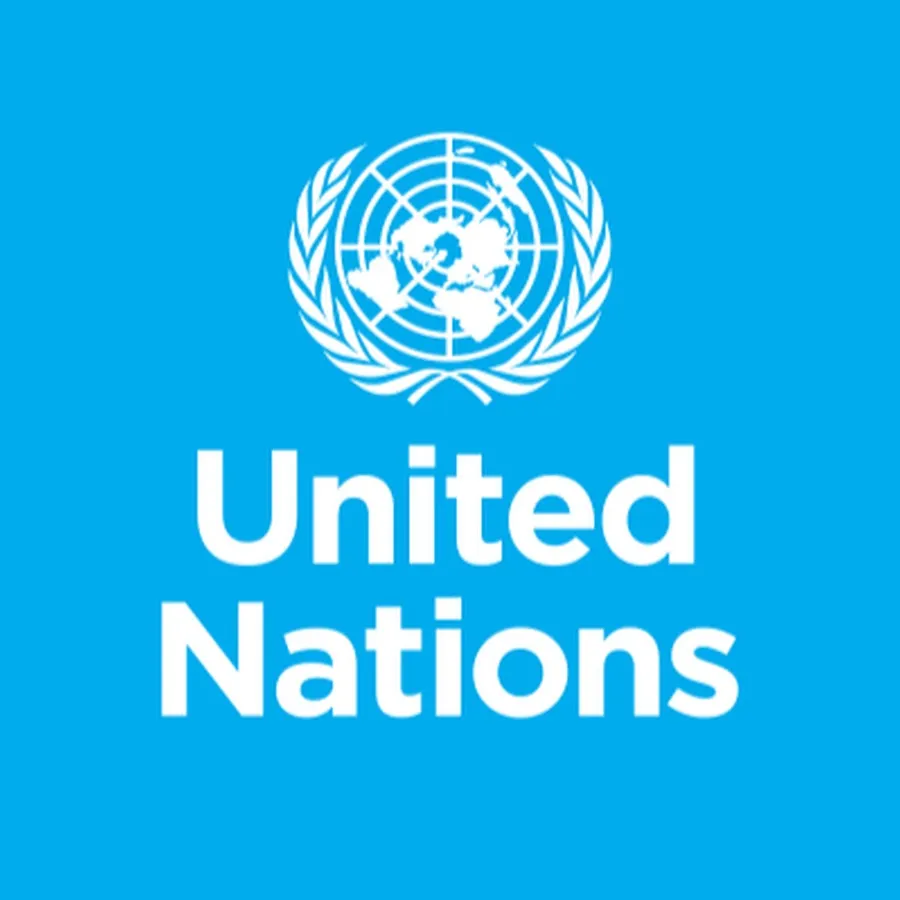The current job security crisis and global firing spree thus serve as a wake-up call for people across the world, particularly in Pakistan
One of the largest economic problems currently being faced globally is the job security dilemma. People are finding it harder and harder to make ends meet as a result of rising inflation and a volatile global labor environment. Global layoffs have worsened this crisis as businesses try to minimize expenses and stay competitive by cutting their staff. The situation is particularly bad in Pakistan, where unemployment is at an all-time high and living expenses are rising quickly.
The job security crisis is a direct result of a number of macroeconomic factors. Globalization has led to increased competition in the labor market, with companies seeking to remain competitive by cutting costs and outsourcing jobs to cheaper locations. In addition, technological advances have further reduced the need for human labor, with automation and artificial intelligence being increasingly used in the production process. These factors have resulted in a worldwide reduction in job security, with fewer opportunities available for people to make a living.
The global firing spree has been an attempt by organizations to cut costs and remain competitive. Companies have laid off workers in order to reduce their payroll expenses, and have also outsourced jobs to cheaper locations. This has resulted in a drop in wages and an increase in unemployment, particularly in developing countries like Pakistan.
The effects of the global firing spree have been particularly severe in Pakistan. With unemployment already at a high of 6.2%, the economic crisis has only served to aggravate the situation. In addition, the cost of living has been rapidly increasing, with food and energy prices rising significantly. This has put even more strain on the country’s already weak economy, with people struggling to make ends meet.
The job security crisis in Pakistan serves as a wake-up call for people across the world. It is a reminder that the global economy is in a state of constant flux, and that people need to be prepared for job insecurity. It also highlights the importance of education and training, as these prove quite useful for individuals to remain competitive in the current job market.
To tackle the job security crisis, it is essential for governments to implement policies that promote job creation and economic growth. This could include providing incentives for businesses to create jobs, as well as investing in training and education. Governments must also ensure that they are providing adequate social protection to those most at risk of job insecurity, such as the unemployed and those in low-wage jobs.
The job security crisis is a complex and multi-layered issue and one that requires a comprehensive response from governments, businesses, and individuals. It is essential that people are aware of the risks associated with job insecurity, and that they are prepared for the possibility of job loss.
The current job security crisis and global firing spree thus serve as a wake-up call for people across the world, particularly in Pakistan, where inflation is on a terrifyingly rapid rise. It is imperative for individuals to be proactive in securing their employment and to focus on keeping their skills up-to-date so that they may remain competitive in the job market.
Employers should take responsibility to provide job security and ensure their employees are well-equipped to perform their duties and responsibilities. Governments should also aim to create policies that create an environment conducive for job stability and job security. This will help to provide a sense of hope and security to people and will ultimately contribute to the stability of the economy.
















